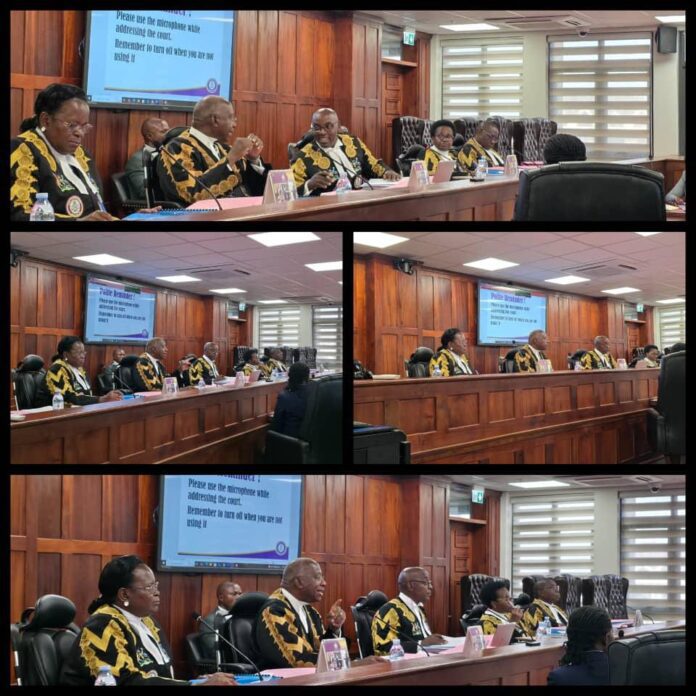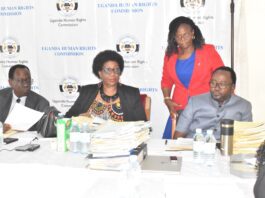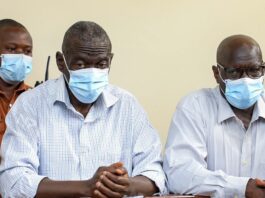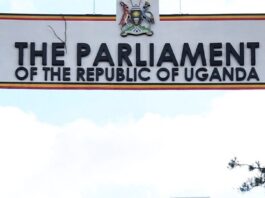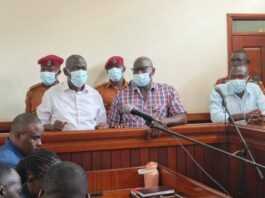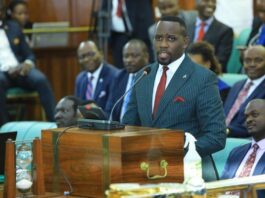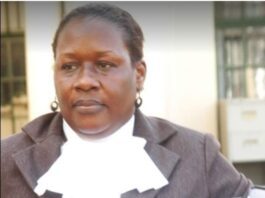The Constitutional Court in Kampala has commenced a three-day session to handle 14 constitutional petitions and 11 constitutional applications, in a bid to address critical questions surrounding Uganda’s governance, human rights, and the balance of power.
The session, which runs until June 13, is being presided over by a panel led by Deputy Chief Justice, Justice Dr. Flavian Zeija. Other members of the bench include Justices Fredrick Martin Stephen Egonda-Ntende, Oscar Kihika, Ketrah Kitariisibwa Katunguka, Florence Nakachwa, and John Mike Musisi.
According to the Court’s Deputy Registrar, HW Mugala Jane, the petitions to be heard span a wide range of constitutional questions affecting public administration, legal processes, and fundamental rights.
Among the notable cases is Dominic Mugerwa vs Attorney General & 4 Others, where the petitioner is challenging the Uganda Revenue Authority (URA) Prosecution team’s multi-faceted role as complainant, investigator, and prosecutor.
The petitioner claims this violates the constitutional guarantee of fair hearing and contradicts Articles 28(1), 120(5)(6), 211, and 212 of the Constitution.
In another significant case, Kabanda David & 2 Others vs Attorney General, the petitioners fault the Government for failing to regulate the sale and promotion of unhealthy food and beverages near schools. They argue this omission violates the rights of children and contravenes Articles 8A, 20, 24, 34, and 45 of the Constitution.
The court is also set to hear Aboneka Michael & Another vs Attorney General, a petition contesting the constitutionality of Article 113(1), which allows the President to appoint sitting Members of Parliament as Cabinet Ministers.
The petitioners argue this undermines the doctrine of separation of powers and weakens legislative independence.
In Kuuku Amos & 2 Others vs Attorney General, the petitioners are challenging provisions of the Magistrates Courts Act and the 2022 Constitution (Bail Guidelines) that allow courts to impose cash bail.
They argue that such provisions violate constitutional guarantees to equality, liberty, and the presumption of innocence.
The session will also hear Uganda Court Bailiffs Association Ltd vs Attorney General, a petition contesting the legality of the Judicature (Court Bailiffs) Rule 2022.
The petitioners claim that the Rules were not properly gazetted or tabled before Parliament, thereby breaching Articles 1, 2, and 91 of the Constitution.
This high-level sitting of the Constitutional Court reflects a renewed commitment to address pressing constitutional issues affecting governance and justice delivery.
The outcomes from this session are expected to shape legal precedent and inform ongoing discussions on law reform and constitutionalism in Uganda

